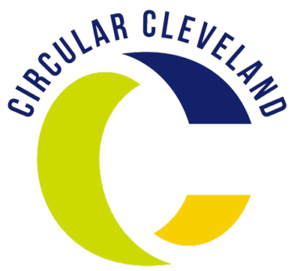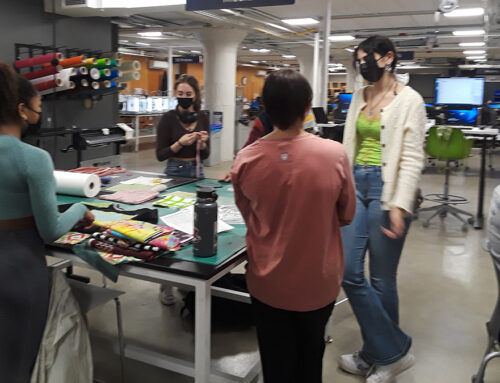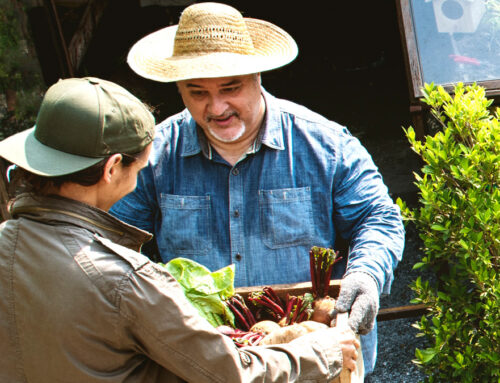Circular Cleveland and SCORE Cleveland are pleased to announce the winners of the Circular Cleveland Business Incubation Grants. The winners will each receive $10,000 towards launching and incubating business ideas that adopt the principles of a circular economy.
The winners are:
- Table for 2, a furniture repair and repurposing business, located in the Detroit Shoreway neighborhood
- Wake Robin, a newly reorganized fermented food company establishing a bottle washing operation to reuse and recirculate bottles used in the production and operation, located in the Stockyards neighborhood
- Your Refilling Station, a plastic-free beauty and bath products retailer, located in the West Park neighborhood
“It is an honor to receive the Circular Small Business Incubation Grant, and we are excited to put funding towards purchasing equipment to continue to divert furniture and home goods from entering the landfills,” says Chelsea Jancewicz, owner of Table for 2.
“The grant will allow Wake Robin to sanitize and reuse empty jars of fermented foods in a special preserved-foods-included CSA distributed by Food Depot to Health and Loiter,” says Veronica Walton of Wake Robin Fermented Foods. “We will see circular economics come to fruition with local urban homesteaders, local farmers, CSA customers and Wake Robin Fermented Foods Company.”
The winners will work with SCORE in developing plans to establish and scale their business ideas. SCORE’s Cleveland chapter will be working with applicants of this grant to provide any additional mentoring and support for other upcoming opportunities.
“As a SCORE mentor, it was very satisfying to partner with Circular Cleveland in a project that ultimately benefits the environment and those working to establish a sustainable circular economy in Cleveland,” says Dave Lupyan, SCORE Certified Small Business Mentor. “It is our desire to continue the mentoring partnership with Circular Cleveland and assist in making the three winning concepts economically viable.”
The circular economy is defined by The Ellen MacArthur Foundation as a development strategy that decouples growth from the consumption of finite resources by making a shift from the current take-make-waste model to a more intentionally designed one that keeps materials circulating in the system longer and at their highest value.
“A circular business model is more relevant than ever as cities across the nation grapple with pollution, inflation, and supply chain pressures,” says Divya Sridhar, Manager of Climate Resiliency and Sustainability at Cleveland Neighborhood Progress. “The principles of a circular economy provide a foundation to mobilize economic development models that utilize fewer and better resources, often boosting local resources that drive regenerative outcomes that create more local resilience, and reorient our overall consumption to live within planetary boundaries “
Four areas are prioritized as the greatest opportunities for an impactful and equitable circular economy transition within Cleveland:
- Manufacturing
- Built environment
- Pollution remediation
- Getting more from resources
These areas are detailed in the roadmap developed by circular economy subject matter experts Metabolic Inc. and partners PXYERA Global and the Council for the Great Lakes Region. These areas were defining factors in awarding the grants.


